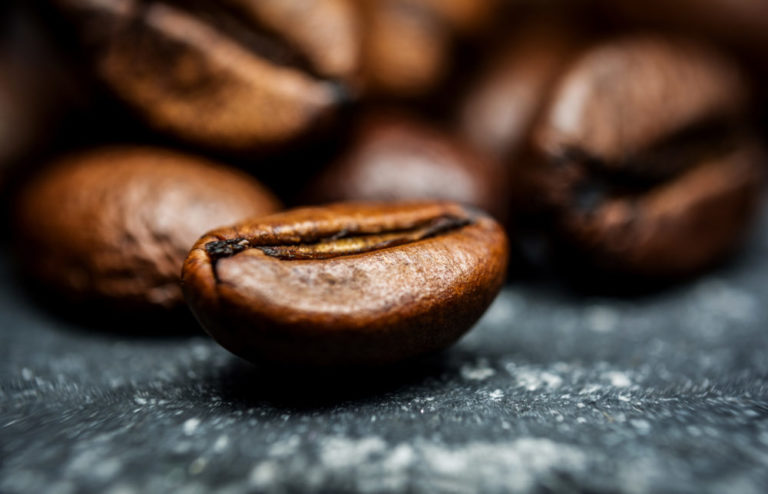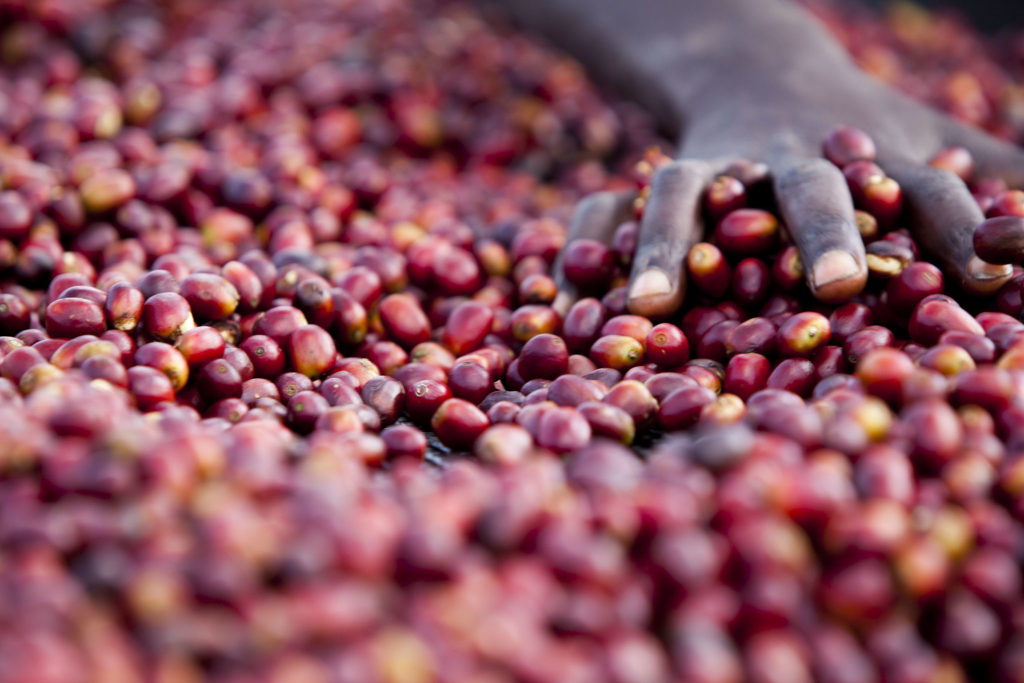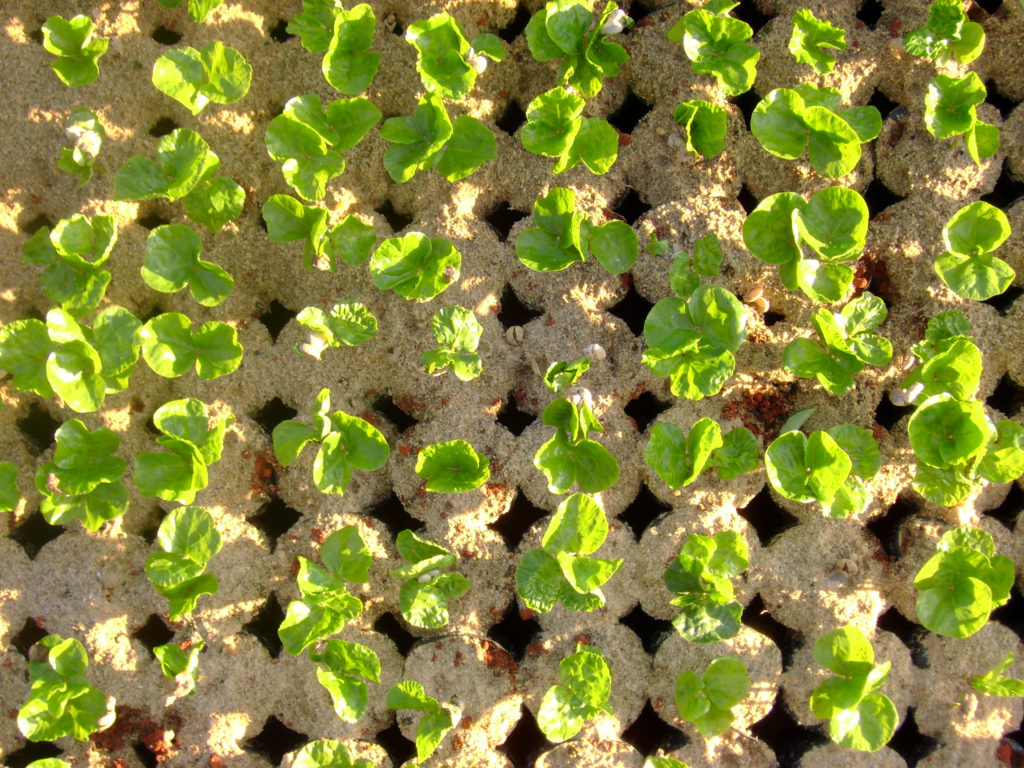What is “Single Origin” coffee?

Single Origin coffees are synonymous with distinctiveness. It’s important to know that terroir has a real effect in the coffee industry.
In general- Single Origin is a term used for coffees from a single geographical location, as opposed to blends or non- traceable coffees. And by ‘single geographical location’, I mean- a single farm; estate; town; cooperative etc.
With the rise of the specialty coffee scene, we have also seen coffees become progressively more traceable.
Untraceable coffee on the other hand can be associated with common commercial brands. These brands will normally give a name for their untraceable blend, or if you’re lucky, you can get a coffee from a single country. But that’s about all the information you’re going to get.
So…to illustrate the difference between Single Origin Coffees and untraceable coffees, I’ve compiled an incomplete list of the information we can get for these two different categories.
Single Origin
- GPS Coordinates/ Exact location.
- Climatic conditions
- Agricultural techniques
- Soil Health/ Composition
- Altitude
- Varietal
- Shade cover,type and percentage.
- Pesticide,herbicide and chemical fertilizer use if any.
- If not, then details on alternative remedy.
- Lot ( what section of the farm)
- Processing procedures/ parameters and equipment used.
- Farmers intentions
- Local fauna and flora and their interactions with the coffee and environment.
- Research projects/ Collaborations with local universities etc.
- And others…
Like.. Farmers name, status and achievements/ awards etc, and almost everybody else’s name and position for that matter. Farmers pets names! (Not that it matters, but that’s still cool)
Untraceable Coffee
- ?
- Nothing
- More nothing.
- Roast Level….Oh..wait, that has nothing to do with the farm.
- Who are we kidding?
For a Roaster, it’s all in the detail. In a way, you cannot quantify quality unless you are aware of the details.
If I didn’t know all these details about the coffees we roast, it would be really difficult to optimize the flavour and make sense of it all. But if that was the case, I wouldn’t be able to do much to enhance the cup anyway (for various reasons, of course).
This is a convoluted topic and simply cannot be covered in one post, so stay tuned for future posts related to this subject.
Conclusion
- General rule of thumb is- If you’re looking for decent to high quality coffee, just look for traceability. Single Origin coffees generally have a higher level of traceability. Details on the packaging will give you a somewhat indirect indication of the quality of the coffee.
If there are no details on the bag, it’s likely lower quality, untraceable, over roasted and stale garbage.
Common commercial brands found at your local supermarket are good examples of this.
- Traceable blends (like our seasonal espresso blend) can be delicious, but you won’t learn anything new about coffee in general and it could be difficult to buy a bag purely based on the roasters description, unless you taste it first.
- If you wish to explore the wonderfully complex world of coffee in it’s entirety- opt for Single Origins. You will be able to develop a much stronger sensory memory database and consequently make better buying decisions as you will at some point figure out exactly what you like. As an example- I know that I prefer wet- processed Central and East African coffees, particularly Rwanda, Kenya and Ethiopia.
- If you’ve done this and want to take it a step further, try narrowing your selection to single variety, single origins. This would be a single variety from one geographical location. In this way- you can learn more about the flavour of varieties in certain regions from certain countries. When we buy green coffee, we also look for opportunities where we can buy multiple varieties from the same farm. Tasting two different varieties from the same farm side by side is a great way to isolate the variables and fine tune your pallet.
I hoped this blog post helped elucidate the term Single Origin.
If there is any topic you would like to hear more about, send me a mail at mike@originroasting.co.za.
Until next time.

